The W Suite | leadership effectiveness of women is much higher: Priti Singh
Diversity in the workforce has become a necessity today, and more so in the leadership positions. It can’t be denied that women bring a high level of creativity and empathy while solving problems and handling crises. Women leaders bring to the table a different level of dexterity.
AdGully’s ‘The W-Suite’ series features interactions with influential women leaders in India, who share some deep insights on what being a woman leader means in India’s business landscape, the mantras to succeed, achieving work-life balance, pay parity and much more.
Priti Singh, Vice President - HR, South Asia, Mastercard, is a strategic Human Resource leader with 20 years of experience and a successful track record in a fast-paced dynamic environment of diverse industries (Financial Services, Logistics, Media, Airlines and Alcobev). During a large part of her career, Singh has worked on developing and implementing HR strategies that led to business transformation. Her core expertise is in designing organisational strategies, effectiveness principles, talent development and change management. Singh was instrumental in setting up People Practices framework at Sun Life Financial Asia Centers, XL Catlin, and Beam Suntory, to name a few.
Singh is passionate about philanthropy, technology and diversity & inclusion. She enjoys working in a highly competitive matrix environment, where collaboration and teamwork are critical keys to success.
How would you define today’s women leader?
She is much more progressive, she knows her priorities and she can be limitless in terms of understanding what she wants to achieve in her life. She is much more balanced because she is multitasking and knows her priorities very well and she knows there is no way other than managing everything perfectly well.
What is the foremost attribute that woman leaders in today’s business ecosystem must possess?
What is more important really in today’s women leader is to not really think that they are women or men and should be professionals first in the work environment. The moment you wear your professional hat first, you become the leader of the clan – to have a good understanding of what your ecosystem and environment is the first and foremost thing and the leadership quality I would say the top most is to be able to connect with your peers, to be able to understand the business or to have a business acumen, to be able to drive collaboration and also helping the organisation achieve the end results.
I am an HR professional and I can directly say that HR is my job, talent acquisition and management development is my role, but the moment I have a good understanding of the business priorities and gain the business acumen, I will contribute to the largest strategic agenda of the organisation. To excel as a woman leader one should stay focused on her goals, feel empowered, be decisive, and avoid losing track of your visions, because what you want to achieve as a woman leader or as a professional is more important as that’s when you will bring colleagues to come together, sit together and to be successful as an organisation.
Despite the qualifications, attitude and expertise why do you think we don’t see the expected number of woman business leaders especially when it comes to board room decision making?
There could be various reasons for it; I can talk about my personal career and what happens at MasterCard. There were situations personally that stopped me from pursuing this profession, but I did manage it even if it meant stretching my hours in a day to more than 24 hours. I do think that a lot more women at this moment in their mid-career or mid-age end up quitting their job to fulfil their family needs and then the sense of guilt that many woman face, especially after motherhood and after a lot of personal commitments are possibly some of the few reasons for them to quit the job.
I don’t see such situations at MasterCard, because we do have programmes where we tap on the career of new woman employees and put them into the mentor shifts and development programmes. At MasterCard, we specially focus more on mid-career women, where we have policies and programmes which enable them to manage professional and personal life engagements. Hence, we do have a strong pipeline of leaders even at the mid and senior leadership levels. I personally believe “What gets measured, gets done” and that’s what we do here at MasterCard: we track the progress of the women employees and how well they have been doing in their life, we make sure to provide a helping hand to the female employees, if necessary, to come out of situations which could possibly be troublesome while they work.
Do you think that the Indian corporates need to encourage more and groom more women leaders and put in place everything what MasterCard has done so far for woman employees?
Absolutely! Indian corporates need to invest a lot into their women professionals and they need to understand the life of a woman professional, their programmes need to be tailormade to support the women professionals to reach up to the level for that matter in the board room.
According to you, what are the Do’s and Don’ts for today’s woman to break through the glass leadings?
- Continue to network
- Don’t think you are weak
- You are one amongst the other professionals in the organisation
- You are there because you carry your intellect
- You add value to the organisation and to the society
- Don’t hesitate to speak up your mind, it’s important to share your perspective because that’s when more people will appreciate.
- Along with the intelligent coefficient and the emotional coefficient, I’d say that the decency coefficient is also very much important for a woman employee in an organisation
- Never compare yourself with any other men in the organisation
- Remaining true to yourself is very important to be a successful leader
How acute is the gender pay gap in India today and what needs to be done to address this in a very effective manner?
I’d like to qualify that there is a gender pay gap that exists in Indian corporates more than the multinational corporates. With 20+ years of experience in various companies and being the head of HR, I have observed is and there needs to be a very specific intervention to really evaluate the skills, the competence and the output of the productivity of men vis-à-vis women to really identify why and where the gaps are. I would say there is need for us as a society to really ensure that the gender pay gap should not be there in any organisation.
MasterCards has always ensured that there is no general pay gap. Like any corporate, we too have salary reviews every year. But MasterCard goes the next step to conduct another assessment because we are acquiring top-quality talent – both men and women – during the course of the year. We do a mid-year review to ensure that there are no disparities in the pay. We believe that our professionals – whether men or women – have to be compensated for the skills, experience and competence that they bring to the table that contribute towards the success of the organisation.
Do you think that the leadership effectiveness of women is higher than men? If so, why?
Being a woman leader, I would say the leadership effectiveness of women is much higher because she is much more emotionally experienced to be with people and she has a better connect with both men and women. She has a better understanding of the customer too, for that matter. She is able to understand complex business problems and solutions. Globally, most of the CEOs – whether it’s oil & gas companies, FMCGs, banks and financial services – are women, who are been given the role to lead the global organisation. This proves the point that effectiveness of women leaders is much higher.
What are the five most effective lessons that you have learnt as a woman leader?
As an individual, I have stayed focused on my goals. My goals were to reach a leadership position which did not have a title, but had an impact on the business or on the organisation. The most important lesson was to be true to myself and not to pretend. I am who I am and that is why I add value to the organisation. The third lesson would be to be limitless, this comes to me from my family itself. You do not have to draw the line just because you are a woman. The fourth lesson would be to be empathetic to others. Sometimes in our endeavour to fulfill our ambitions, we might forget who we are working with. We need to be concerned about the people we work with, and that’s where the effectiveness of a woman leader comes in. The more you connect, the more successful you are in your profession. Discipline and being decisive would be the fifth lesson. I take my own decisions.
How challenging has it been for you to maintain a balance between career goals and family responsibilities and what is your mantra to maintain this balance?
I think I have managed it well. I have been fortunate to have a strong support that has helped reach the level that I am in today. My parents and my in-laws looked after my child. But there was a time when they were not around and I had to really educate my son to be independent. He went to the playschool, he has managed his life. For working parents, it is important to bring your child accordingly to the requirements of the society. Women have to condition their children to be self-independent and also take care that they don’t turn into spoilt brats.
How prevalent are the instances of sexual harassment in work, places in India and what should the industry collectively do to tackle such a serious issue?
We keep reading about such instances in the newspapers – some instances get reported and some don’t. I’ve had friends and extended family and an ex-colleague who said that they were in such specific situations which were making them uncomfortable. Broadly speaking, I would say yes, there are situations that kind of create a mental block for many women to really go ahead and work in the corporate world. At MasterCard, we have zero tolerance for anybody doing anything which is disrespectful. For us, the culture and values are much more important. Respect and decency are the two factors that are really important at MasterCard; today we are living in a world where there is diversity and now with the third gender coming in, the decency factor is very important. We do hesitate to let go of very senior professionals because of their acceptable behaviour and actions in the organisation.





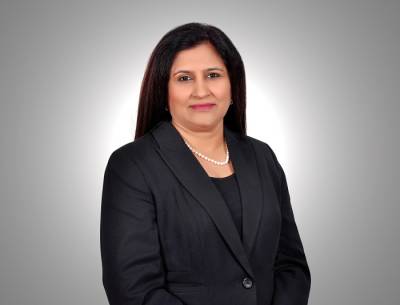
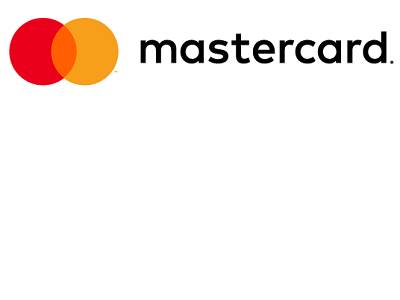
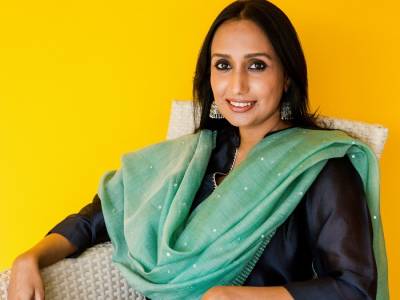
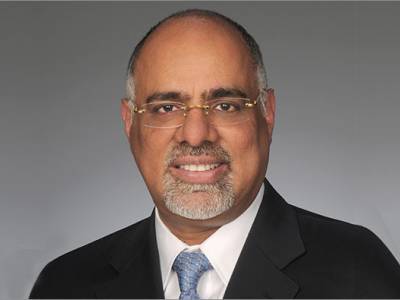



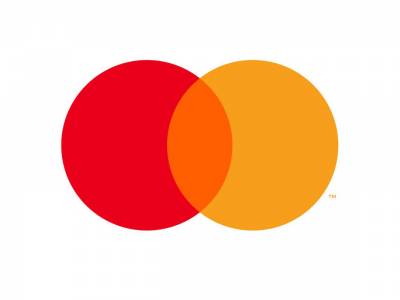
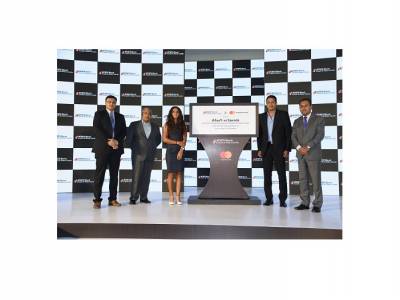






Share
Facebook
YouTube
Tweet
Twitter
LinkedIn